AMY A. QUARK is assistant professor of sociology at the College of William and Mary.
The University of Chicago Press, Chicago 60637
The University of Chicago Press, Ltd., London
2013 by The University of Chicago
All rights reserved. Published 2013.
Printed in the United States of America
22 21 20 19 18 17 16 15 14 13 1 2 3 4 5
ISBN-13: 978-0-226-05053-9 (cloth)
ISBN-13: 978-0-226-05067-6 (paper)
ISBN-13: 978-0-226-05070-6 (e-book)
Library of Congress Cataloging-in-Publication Data
Quark, Amy A., author.
Global rivalries : standards wars and the transnational cotton trade / Amy A. Quark.
pages cm
Includes bibliographical references and index.
ISBN 978-0-226-05053-9 (cloth : alkaline paper) ISBN 978-0-226-05067-6 (paperback : alkaline paper) ISBN 978-0-226-05070-6 (e-book)
1. Cotton tradeStandards. 2. International trade. 3. Cotton tradeGovernment policy. I. Title.
HD9070.5.Q37 2013
382'.1351dc23
2013003410
 This paper meets the requirements of ANSI/NISO Z39.48-1992 (Permanence of Paper).
This paper meets the requirements of ANSI/NISO Z39.48-1992 (Permanence of Paper).
Global Rivalries
Standards Wars and the Transnational Cotton Trade
AMY A. QUARK
The University of Chicago Press
CHICAGO AND LONDON
New [international] standards can be the source of enormous wealth or the death of corporate empires. With so much at stake, standards arouse violent passions.
JAMES BARCIA, US congressman and member of the Subcommittee on Environment, Technology, and Standards (US House of Representatives 2001:19, as cited in Bthe and Mattli 2011:12)
Contents
Illustrations
FIGURES
TABLES
BOXES
Acronyms
AAA
Agricultural Adjustment Act
ABRAPA
Associao Brasileira dos Produtores de Algodo, or the Brazilian Association of Cotton Producers
ACA
African Cotton Association
ACFSMC
All China Federation of Supply and Marketing Cooperatives
ACSA
American Cotton Shippers Association
AFCOT
Association Franaise Cotonnire, or the French Cotton Association
AMCOT
American Cotton Marketing Cooperatives
AoA
Agreement on Agriculture
AQSIQ
General Administration of Quality Supervision, Inspection, and Quarantine (China)
ARS
Agricultural Research Service (US)
ASTM
American Society for Testing and Materials
ATC
Agreement on Textiles and Clothing
BCA
Bangladesh Cotton Association
CAI
Cotton Association of India
CCA
China Cotton Association
CCC
Commodity Credit Corporation
CFA
La Communaut Financire dAfrique, or the Financial Community of Africa, includes Benin, Burkina Faso, Cameroon, Central African Republic, Chad, Cte dIvoire, Mali, Niger, Senegal, Togo, and Guinea-Bissau
CFC
Common Fund for Commodities
CFDT
La Compagnie Franaise pour le Dveloppement des Textiles, or the French Textile Development Company
CFIB
China Fiber Inspection Bureau
Chinatex
China National Textiles Import and Export Corporation
CICCA
Committee for International Cooperation among Cotton Associations
CIETAC
China International Economic and Trade Arbitration Commission
CIQ
China Inspection and Quarantine
CIRAD
Centre de Coopration Internationale en Recherche Agronomique pour le Dveloppement, or the Center for International Cooperation on Agricultural Research for Development
CIRCOT
Central Institute for Research on Cotton Technology (India)
CNCRC
China National Cotton Reserves Company
COPACO
The marketing arm of DAGRIS
CSITC
Commercial Standardization of Instrument Testing for Cotton
DAGRIS
Dveloppement des Agro-Industries du Sud (formerly CFDT)
ECC
European Cotton Confederation
EPC
Electronic Product Code
EU
European Union
GATT
General Agreement on Tariffs and Trade
GCC
Global commodity chain
HVI
High Volume Instrument
ICA
International Cotton Association
ICAC
International Cotton Advisory Committee
ICCS
International Calibration Cotton Standards
ICE
Intercontinental Exchange
IEC
International Electrochemical Commission
IMF
International Monetary Fund
ISO
International Organization for Standardization
ITC
International Trade Centre
ITMF
International Textile Manufacturers Federation
ITU
International Telecommunication Union
LCA
Liverpool Cotton Association
MFA
Multi-Fibre Arrangement
NCC
National Cotton Council (US)
NDRC
National Development and Reform Commission (China)
NIEO
New International Economic Order
NYCE
New York Cotton Exchange
RFID
Radio Frequency Identification
SAP
Structural Adjustment Program
SFI
Short Fiber Index
SPS
Agreement on Sanitary and Phytosanitary Measures
STE
State trading enterprise
TBT
Agreement on Technical Barriers to Trade
TRQ
Tariff Rate Quota
UN
United Nations
USDA
United States Department of Agriculture
WTO
World Trade Organization
Acknowledgments
It is daunting to consider the vast number of people that have made this book possible. The transnational scope of this research was facilitated by a number of contacts within the cotton industry who gave generously of their time, insights, and industry networks. Having the opportunity to follow the networks of power and resistance in the cotton industry was an experience in and of itself. I would like to thank all those who helped to make that possible, from those who opened their homes to me in Benin, including Fay and Simon Akindes and Ereeq Hermann and his family, to those who helped me maneuver through the linguistic and cultural differences in Beijing and Shanghai, and everything in between.
A number of people have given of their time to read the entire manuscript in various forms and to discuss it with me at length. For this I want to extend great thanks to Neil Brenner, Jane L. Collins, A. Claire Cutler, Brent Kaup, Robert Keohane, John Ohnesorge, Gl Ozyegin, Elizabeth Ransom, Andrew Schrank, Gay Seidman, Michael Tierney, Maurits van der Veen, Erik O. Wright, and Jonathan Zeitlin. These folks have surely strengthened the book tremendously. Jane Collins, in particular, has been a constant sounding board and cheerleader in this project and has carefully read many drafts of the book. Over the years it took to complete this book, I have also had useful conversations with Michael Burawoy and Harriet Friedmann, which have refined my thinking. Others who have been less involved in this manuscript but have nonetheless had a lasting influence on my approach to sociology include Stephen Bunker and especially JoAnn Jaffe.
I have been fortunate to have strong institutional support while working on this book. Work on this project began at the University of Wisconsin at Madison, where I enjoyed countless stimulating intellectual exchanges and developed many lasting friendships in the Departments of both Sociology and Rural Sociology (now Community and Environmental Sociology). I have since enjoyed the support of fantastic colleagues at the College of William & Mary, where much of the hard work of book-writing has occurred. I also had the privilege of spending seven months on a research fellowship at the Max Planck Institute for the Study of Societies in Cologne, Germany. The generous support of the Institute allowed me the luxury of time to revise the manuscript, and the engaging intellectual environment kept me inspired. In particular, I benefited from conversations with Sigrid Quack and her working group on Institution-Building across Borders. Finally, the arguments in the book have been consistently sharpened through engagements with insightful audiences at the University of Amsterdam, the Max Planck Institute for the Study of Societies, the University of Wisconsin, the American Sociological Association, and the Rural Sociological Society.
Next page
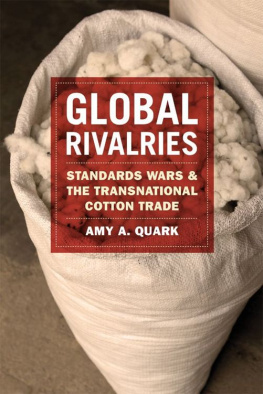
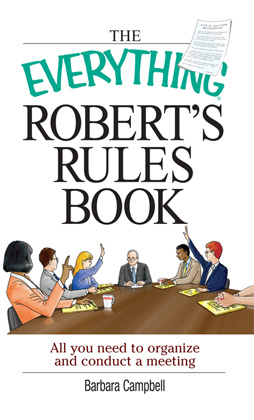

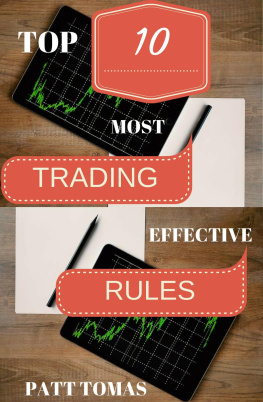
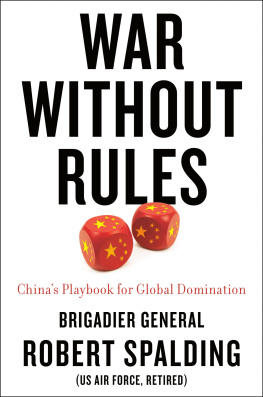
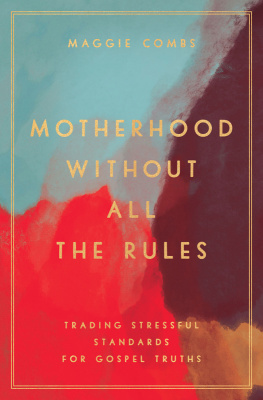

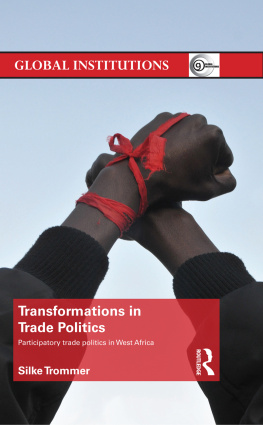

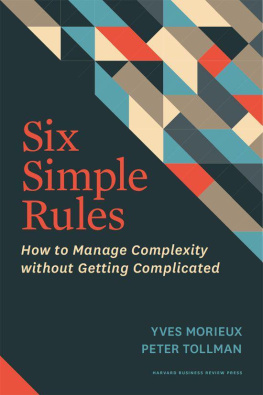
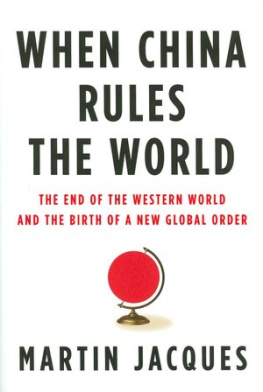
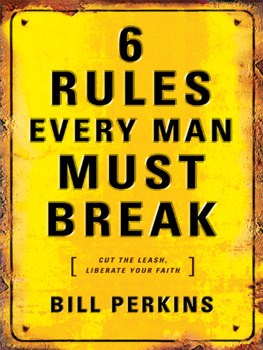

 This paper meets the requirements of ANSI/NISO Z39.48-1992 (Permanence of Paper).
This paper meets the requirements of ANSI/NISO Z39.48-1992 (Permanence of Paper).